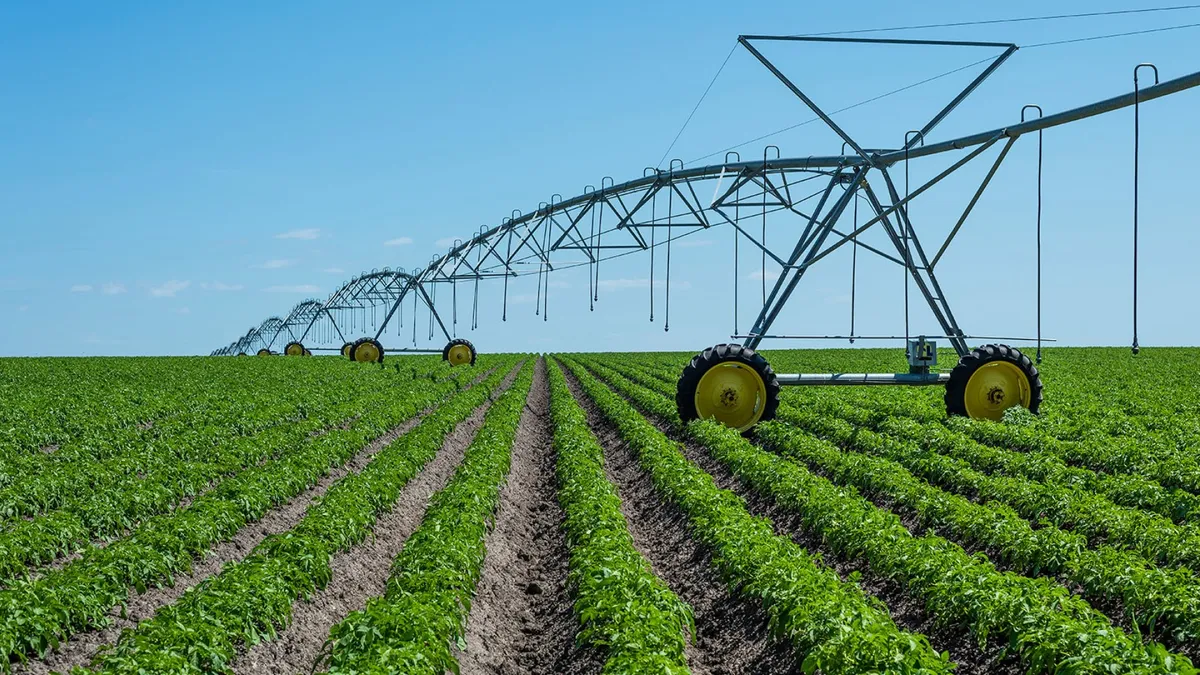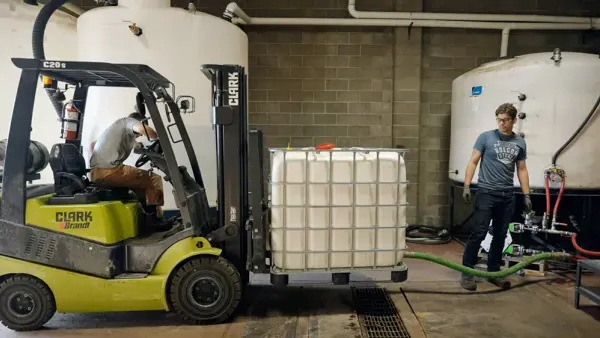As regulatory pressures around climate reporting shift under the Trump administration, a sustainability platform used by some of the largest food companies in the U.S. says it doesn't see interest waning for emission-tracking technology and other ESG tools.
HowGood’s platform analyzes vast amounts of precise agricultural data to help companies gather data needed for sustainability disclosures and audits around their scope 3 emissions, which make up the majority of the industry's climate footprint. Its clients include Mars, Ingredion, General Mills and Kraft Heinz, large companies that source their ingredients and packaging materials from thousands of suppliers.
An assault on environmental protections by the current U.S. administration, and a subsequent softening on green efforts from some major corporations, provides a different landscape for companies looking to tackle their climate impact. Even so, HowGood is doubling down on its platform, recently announcing an expansion of its partnership with enterprise sustainability platform Watershed that allows companies to not only track their carbon footprint, but also identify solutions to reduce emissions.
Ramya Ravishankar, HowGood’s general counsel, said in an interview companies’ climate goals were previously handled by executives with designated roles, like chief sustainability officer or head of corporate social responsibility. But increasingly, she said, climate reporting is given to the company’s CFO or chief legal officer.
“It’s really becoming intrinsically connected to the company’s bottom line and its reputational and legal risk analysis,” Ravishankar said. “Tying climate performance to board duties is always a step towards greater corporate governance and greater accountability.”
As sustainability and profits become more intertwined, companies continue to move full speed ahead on climate even as countries around the world begin to pull back on sustainability regulation. The U.S. Securities and Exchange Commission recently announced it would cease defending a climate-risk disclosure rule in court that was proposed by the agency while under the Biden administration. The rule would have required public companies to provide extensive climate-related disclosures. Other governments, including Canada and the European Union, have paused or delayed their own disclosure requirements as geopolitical uncertainty and affordability become top of mind for consumers.
However, climate disclosure mandates in California and New York still present compliance challenges for companies. And even as regulatory requirements eases, consumer demands for sustainability continue to make ESG a pressing issue.
The environmental impact of food and beverage products is more “tangible, relatable and universal” for consumers, particularly compared to other “esoteric” CPG categories, Ravishankar said, which she believes increases the pressure on companies to deliver on climate promises.
“People understand that their can of Coke is made out of aluminum versus plastic,” Ravishankar said. “That’s what makes the space so ripe for innovation and improvement from a sustainability perspective.”
The growing use of artificial intelligence within the supply chain of major food companies creates a “double edged sword” for advocates of environmental change, Ravishankar said, given the technologies’ own “taxing” impact on the climate.
“Doing it in a responsible way that mitigates the risks of over-impacting the environments where these data centers are is something that we need to balance,” Ravishankar said.











